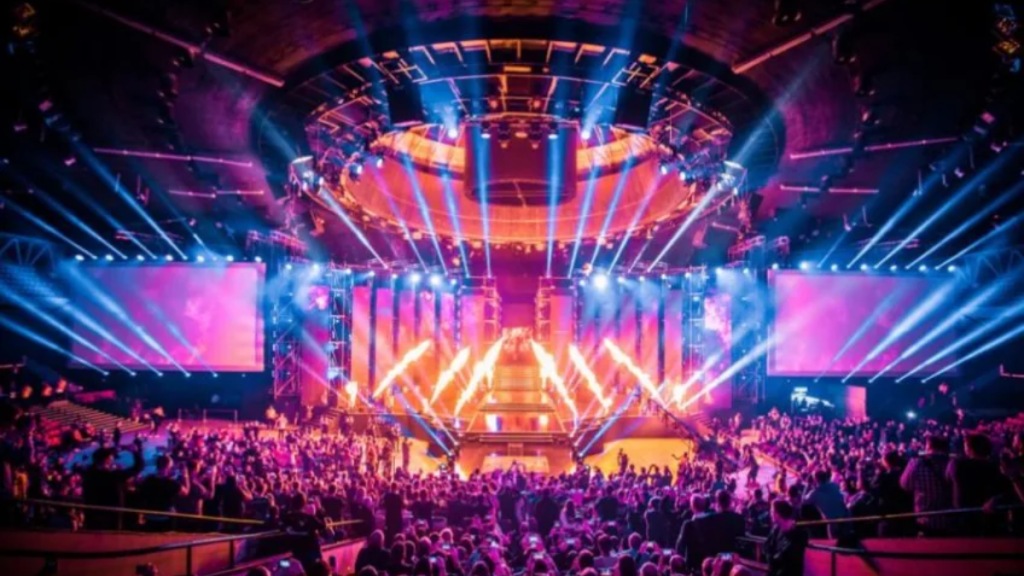A growing number of Indian gamers are willing to spend money on games, with super-hardcore gamers — those who play more than 30 hours per week — spending twice as much money as their casual counterparts, says Niko Partners’ 2024 India Gamer Behaviour & Market Insights report that was released on Wednesday.
More than 65% of the survey respondents from India — the fastest growing among all the markets it tracks — engage with esports either through play, viewing, or competing themselves and 57.2% discover new titles via streamers and influencers, says the game-market analytics firm.
With segment revenues expected to leap from $1.5 billion in 2020 to $5 billion by 2025, it’s too good an opportunity to miss.
Brands have started queuing up to create in-game ads, sponsor arena events, endorse players and teams and partner with influencers. Advertisers like Red Bull and Mountain Dew, for instance, have associated with a range of tournaments, identifying and tapping talent. Red Bull’s MEO or the Mobile Esports Open is in its sixth season globally and has turned into a flagship event for esports lovers in India. Dew Arena by Mountain Dew has wide viewership across the country, and has had a positive rub-off on the brand as well.
That’s a good start but like every new industry brands are grappling with a unique set of challenges. Analysts say many are still not aware of an industry events calendar or the audience demographic, both of which would not be the case when approaching, say, a cricket team in the Indian Premier League. Some participants appear more hostile to brand partnerships that they feel are inauthentic and might end up using advert-blocking software. In other words, good money down the drain.
Needless to say, it’s a hugely educational process and India lags many other markets in developing an ecosystem where developers, brands and players can thrive in. But the many advantages that esports holds over traditional sports cannot be ignored. Thanks to its online nature, it’s easier for partners to target a global audience. Also, many esporting events are not tied to specific regions the way traditional sports are. That and the fact that esports do not demand the physical infrastructure of traditional sports means the field is wide open — for both participants and for brands. “India’s gaming-savvy population provides a vast opportunity for brands to connect with players without intruding on the gameplay experience,” says Srikant Goenka, chairman of Indian Association of Amusement Parks and Industries.
So what is on the table?
Garima Maheshwari, CFO of Modern Masti, points out that esports offers a “conversational, passionate, and young audience” that allows brands to craft more engaging, interactive messages. Unlike traditional sports, which follow a rigid format, esports provides the flexibility to experiment with live streaming, influencer marketing, and virtual events, offering an immersive brand experience. The use of personalised virtual tokens, limited-edition merchandise, and branded tournaments can create lasting impressions on participants, offering brands an advantage vis-à-vis traditional formats of advertising, adds Maheshwari.
Goenka stresses the need for brands to focus on embedded advertising that blends naturally into the game — such as in-game props — ensuring the gaming experience remains intact. Understanding the unique gamer culture and creating placements that resonate with an audience cohort will be a big plus.
Parth Chadha, CEO & co-founder of STAN, cites collaborations with gaming brands like Spinbotx and Wings as prime examples of successful campaigns that target Gen Z and Gen X gamers. Looking ahead, he sees deeper brand integration in gameplay, offering experiences that engage users without compromising the integrity of the game.
Despite the enormous potential, say insiders, the industry is waiting for a clear regulatory framework to truly take off. While the existing legal framework offers some level of oversight, it falls short when it comes to addressing the unique complexities of the industry. Establishing a dedicated esports regulatory body would enhance talent development and ensure fair play, providing a transparent ecosystem that benefits all stakeholders, says Abhishek Issar, founding member of the Federation of Esports Associations India.
